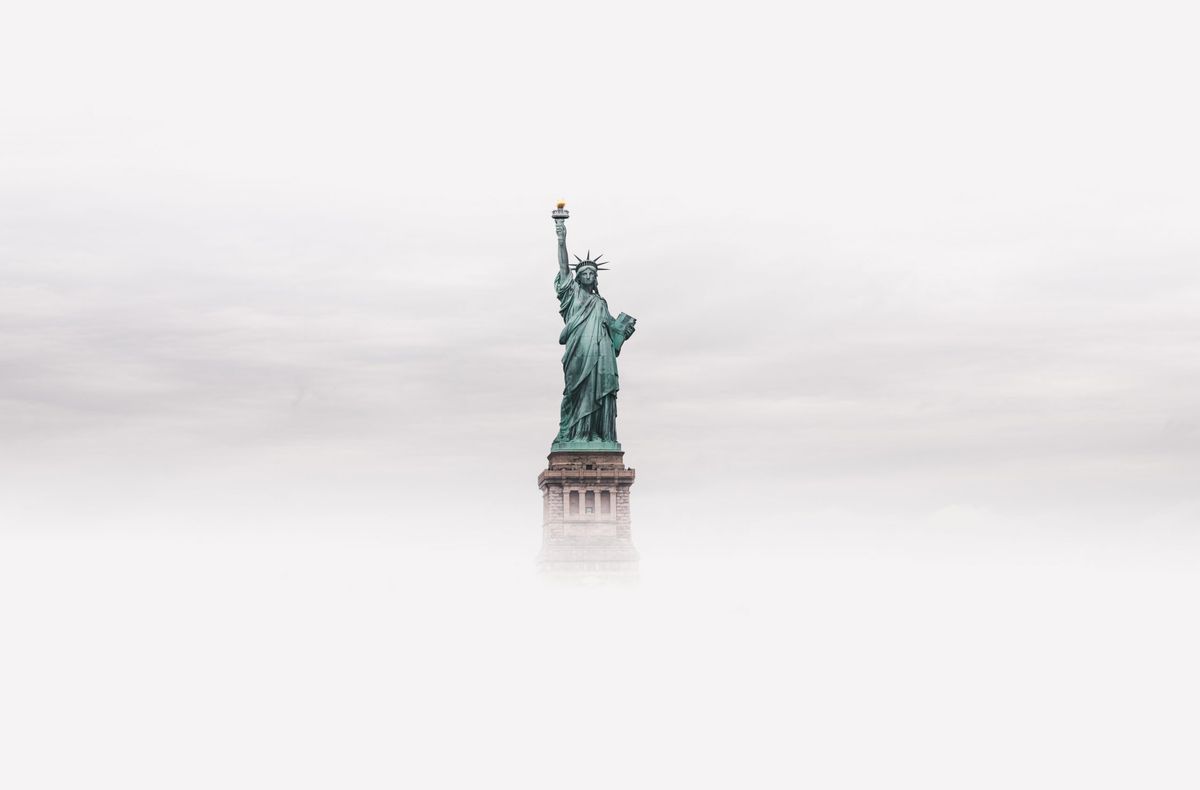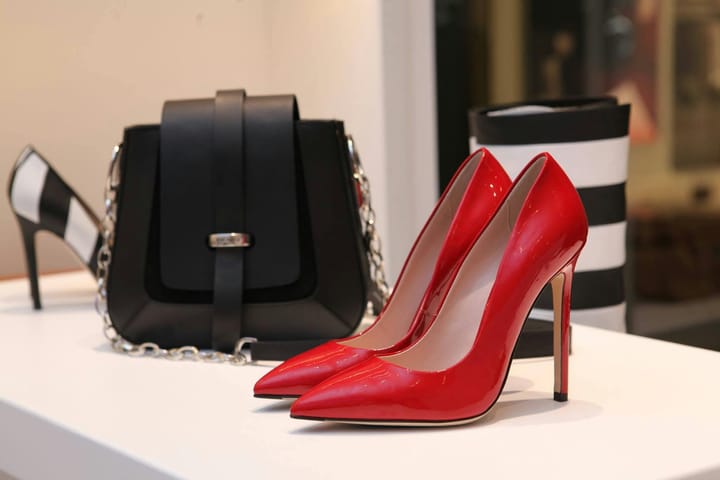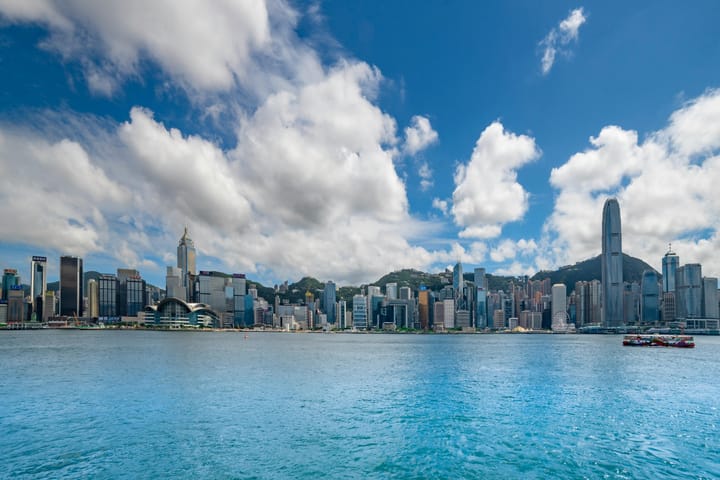Conflict between the US and China could expand into a “capital war” that could harm the dollar, says billionaire investor Ray Dalio

A few minutes every morning is all you need.
Stay up to date on the world's Headlines and Human Stories. It's fun, it's factual, it's fluff-free.
In a recent interview with Fox’s Maria Bartiromo, billionaire investor Ray Dalio suggested that the United States could soon find itself facing a “capital war” with China in which the value of the dollar and its status as the world’s reserve currency could be placed in jeopardy.
Dalio is particularly concerned with the “soundness” of the dollar, which over the last few months has declined in value relative to other competing currencies, such as the euro and British pound. The dollar is now headed for its worst month since the beginning of 2018 as nervous investors rapidly sell off their holdings in the wake of rising coronavirus cases within the US, while other parts of the world are on the road to recovery.
Dalio, the founder of the hedge fund group Bridgewater Associates, suggested that the threat of a “capital war” with China would only add to the current conflicts the US finds itself engaged in with the country. This includes a “trade war,” a “technology war” and a “geopolitical war.”
Dalio’s comments echo those he made in November 2019, before the coronavirus pandemic gripped the world. The billionaire suggested that the “capital war” with China was the logical conclusion of escalating economic conflict with the growing Chinese economic power and would “determine what our futures are like.”
Dalio stated his belief that this uncertainty will impact investor confidence and ultimately harm the US dollar, possibly impacting its status as the world’s primary trusted reserve currency.
Hostile and uncertain relations with China, which have resulted in escalated US sanctions, are particularly worrying for Dalio as “investors, free-market investors, are not used to having [their investments] dictated by the government.”
For Dalio, though, the domestic situation in the US is just as discouraging as relations with China and leads to little confidence in either the dollar or the US economy more generally. He stated that the US’ response to the coronavirus pandemic has put the country in a “debt cycle” whereby the US faces an economic downturn at the same time as it is printing large amounts of money.
These multiple factors, Dalio claims, could impact the dollar’s status as the world’s reserve currency, something that last happened “in the 1930 to 45 period.” Dalio goes on to say that the US currently faces both domestic and international “decline” because “we are our own worst enemy.”
However, according to Dalio, there are deeper factors at play with the threat of Chinese competition and what he perceives to be American decline.
The US must take stock of the fact that China is not a “democracy” and that it adopts a “Confucian approach” to its lofty ambitions. “We can’t ever expect that we’re going to make the Chinese,” Dalio says, “like Americans,” something that poses difficult questions for the future of foreign investment and trade with China.
Refinitiv, the financial market data specialists, also suggested that the US currency was “on track for its worst month since April 2011,” particularly as the first round of coronavirus stimulus is set to expire and cases continue to rise – or, at the very least, plateau – in areas around the country.
Expert analysts also expect the dollar to continue to weaken into August, again as a result of the way in which the US has mismanaged the pandemic. This had led to Europe, in particular, emerging as an investor’s safe haven, with the euro surging in value relative to the US dollar as a result of fewer coronavirus cases and the perception among investors that the economic zone has had a more solid response to the pandemic.
The dollar’s status as a reserve currency – i.e., a currency that is held in large amounts by central banks and financial institutions across the world due to its perceived stability and is used in international transactions and exchanges – may also be under threat.
Though competitors such as the Chinese yuan, which became the fourth most-used currency in the world in 2015, may still be a long way off from becoming the global reserve currency, the vitality and trust in the US dollar has not come away unscathed by the coronavirus pandemic and the US’ escalating conflict with China.
The US “can’t continue to run deficits, sell debt, or print money rather than be productive and sustain that over a period of time,” Dalio says.
With the US deficit ballooning as a result of the coronavirus stimulus and the country’s conflict with China worrying investors, the dollar may be in for a continued period of hardship as economic conditions within the US continue to worsen, harming the perception of American economic strength and vitality.
As Stephen Bartholmeusz of The Sydney Morning Herald writes, “The US is vulnerable to any loss of foreign investor confidence in its economy and markets” and the current crisis of global leadership, pandemic response and economic stimulus “provide no reason for the rest of the world to maintain the faith.”
Have a tip or story? Get in touch with our reporters at tips@themilsource.com




Comments ()